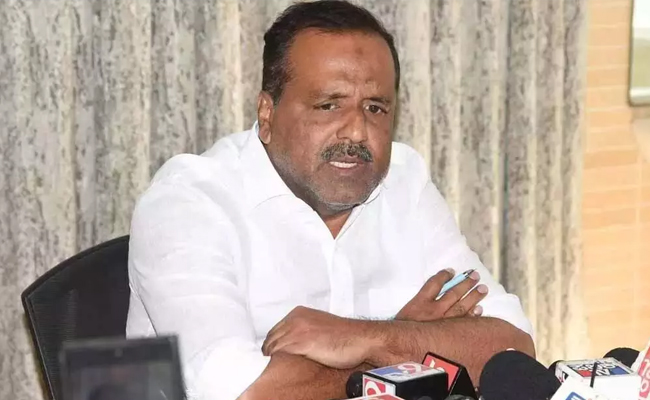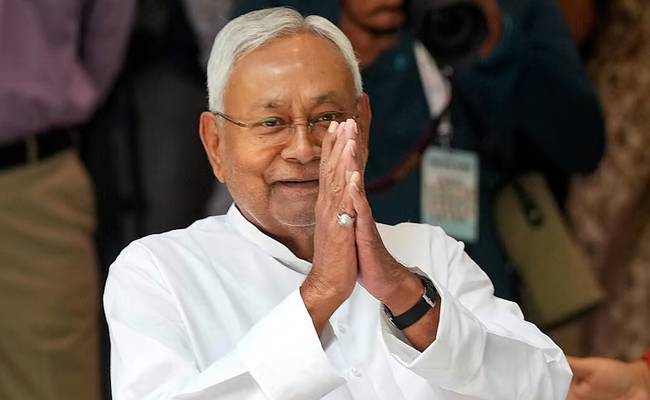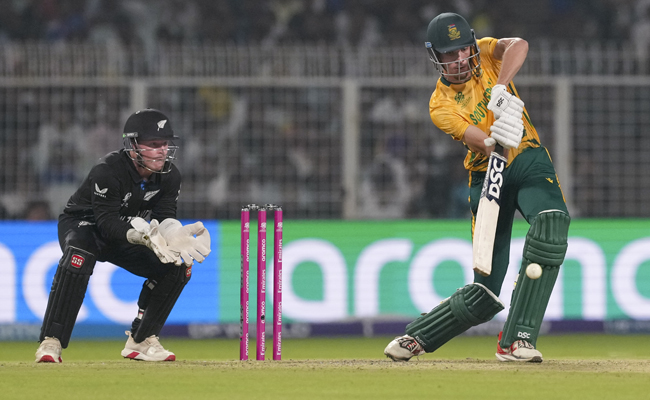Colombo: The umpire who awarded England six runs from a freak overthrow in the last over of the World Cup final has admitted he made an "error" and should have given one run fewer, a report said on Sunday.
A throw to the stumps deflected off the bat of a diving Ben Stokes as he tried to complete a second run and raced to the boundary, with Sri Lankan umpire Kumar Dharmasena awarding six runs to England. Three balls later, the scores at 50 overs were tied as England had reached 241 all-out replying to New Zealand's 241-8.
It took the nail-biting final to a Super Over which again was tied but England lifted the trophy by virtue of having scored more boundaries. Critics, including former umpire Simon Taufel, said England should have been awarded five runs, not six, as the batsmen had not crossed for the second run at the moment the ball was thrown.
Former Sri Lankan Test player Dharmasena told the Sunday Times that he did not have the benefit of television replays which could show that the batsmen had not crossed. "I agree that there was an error of judgement when I see it on TV replays now," said Dharmasena, who was umpiring the final with South Africa's Marais Erasmus.
"But we did not have the luxury of TV replays at the ground and I do not regret the decision I made," Dharmasena said he signalled six after consulting the other match officials. "So, I did consult the leg umpire (Erasmus) through the communication system which is heard by all other umpires and the match referee," he told the newspaper.
"While they cannot check TV replays, they all confirmed that the batsmen have completed the second run. This is when I made my decision." Taufel had told Fox Sports Australia that the umpires made a "clear mistake" as the batsmen had not crossed for their second run.
But the Australian also defended the match umpires, who he said, had to make a complicated judgement and said it would be "unfair" to say the decision altered the outcome of the tournament as it was impossible to know what would have happened in the final balls had five runs been awarded.
Courtesy: www.firstpost.com
Let the Truth be known. If you read VB and like VB, please be a VB Supporter and Help us deliver the Truth to one and all.
Mangaluru (Karnataka) (PTI): Karnataka Legislative Assembly Speaker U T Khader on Wednesday sought an inquiry after a large number of Aadhaar cards were found on the banks of the Nethravathi River here.
The cards were found at Farangipete in Pudu village of his Mangaluru Assembly constituency.
Khader, in a note to the Project Manager of the Unique Identification Authority of India (UIDAI), Bengaluru, sought immediate intervention and necessary action against those responsible.
In the note dated March 4, he said that local residents noticed the Aadhaar cards along the riverbank on March 3.
Following information received from the public, the Pudu Gram Panchayat president and villagers collected the Aadhaar cards found scattered in the area. They subsequently brought the matter to his attention and the concerned authorities, he said.
Expressing concern over the incident, the Speaker has directed that a thorough investigation be conducted to ascertain how such a large number of Aadhaar cards ended up on the riverbank and to identify those responsible.
He instructed officials to initiate appropriate legal action through the concerned department at the earliest.





